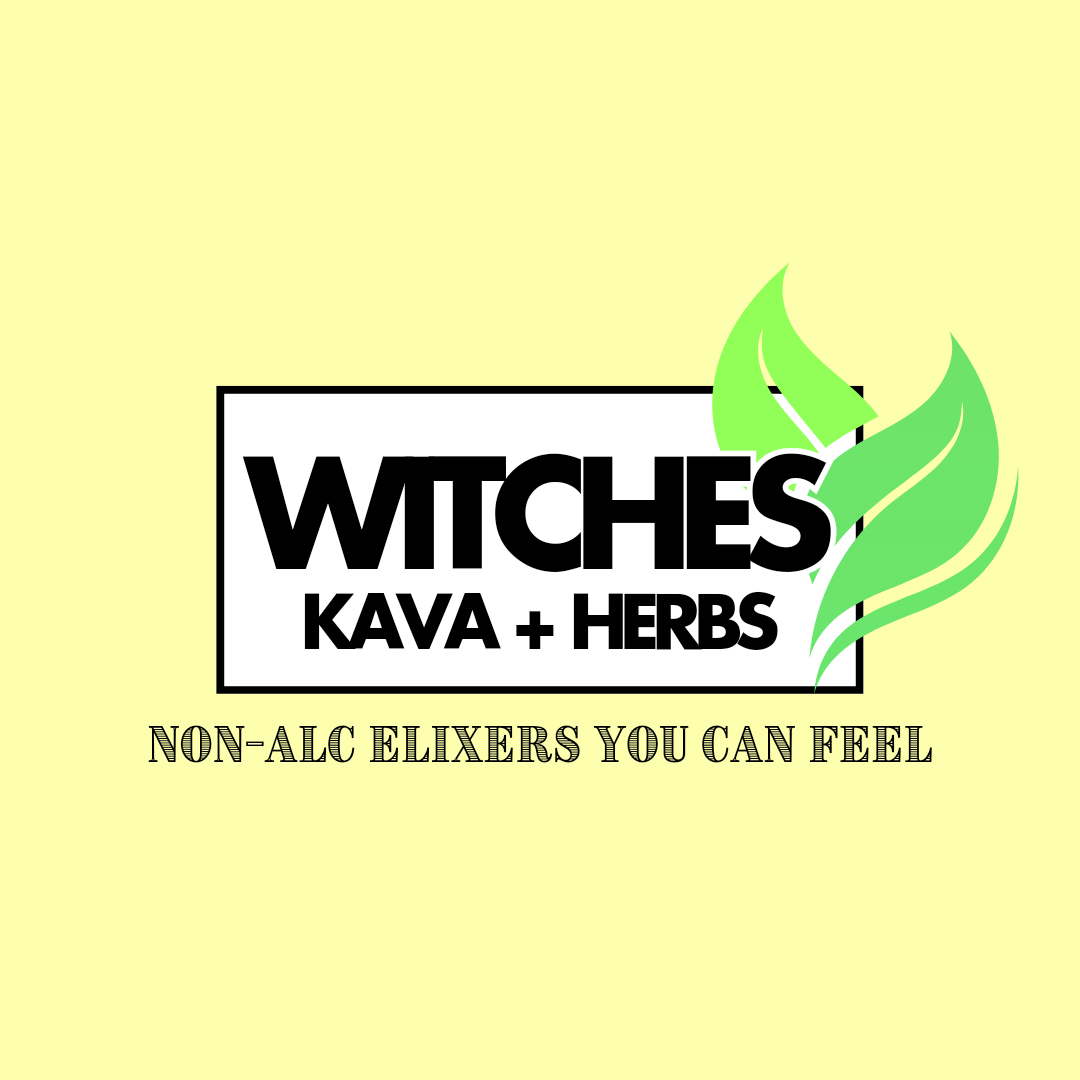Why Kratom Should Not Be Banned for Health Reasons: a natural right to taking natural medicine.
Kratom, a natural plant derived from the leaves of Mitragyna speciosa, has been used for centuries in Southeast Asia for its medicinal properties. In recent years, it has gained popularity worldwide as a natural remedy for pain management, anxiety relief, and opioid withdrawal support. However, despite its potential benefits, kratom faces increasing regulatory scrutiny, with some authorities pushing for an outright ban. This article explores why banning kratom would be a misguided approach, particularly from a health perspective.
A Natural Alternative to Pharmaceuticals
One of the primary reasons people turn to kratom is to avoid the side effects and dependency associated with pharmaceutical painkillers and opioids. Kratom contains alkaloids, such as mitragynine and 7-hydroxymitragynine, which interact with opioid receptors in the brain to provide pain relief without the same level of respiratory depression that makes opioids so dangerous. By banning kratom, regulators may inadvertently push individuals toward riskier substances, including prescription opioids and illicit drugs.
Potential Benefits for Opioid Withdrawal
The opioid crisis has devastated countless communities, and kratom has emerged as a valuable tool for those seeking to break free from opioid addiction. Many former opioid users report that kratom helps them manage withdrawal symptoms, such as nausea, anxiety, and cravings, making it easier to transition away from highly addictive substances. Banning kratom could eliminate a vital harm-reduction tool, leaving individuals with fewer options for recovery.
Support for Mental Health Conditions
Beyond physical pain relief, kratom has shown promise in supporting mental health, particularly for individuals struggling with PTSD and anxiety. Many users report that kratom helps alleviate symptoms of stress, panic attacks, and intrusive thoughts, allowing them to regain control of their daily lives. Unlike traditional anti-anxiety medications, which can come with severe side effects and dependency risks, kratom provides a natural alternative that many find effective. Preventing access to kratom could deprive individuals of a valuable tool for managing their mental well-being.
Low Risk of Overdose Compared to Opioids
Unlike opioids, kratom does not carry the same high risk of fatal overdose. While excessive consumption can lead to side effects such as nausea, dizziness, or drowsiness, the risk of lethal respiratory depression—one of the leading causes of opioid overdose deaths—is significantly lower. By criminalizing kratom, regulators may be discouraging the use of a less dangerous alternative to opioid-based medications.
Regulation Over Prohibition
Rather than banning kratom outright, a more effective approach would be to implement sensible regulations to ensure consumer safety. This includes proper labeling, third-party testing for contaminants, and dosage guidelines to prevent misuse. Regulation would allow for quality control while still providing access to those who benefit from kratom’s therapeutic properties.
The Importance of Personal Freedom
Banning kratom would set a concerning precedent by restricting access to a natural substance that many individuals rely on for improved well-being. Adults should have the right to make informed decisions about their health, especially when the alternative options—such as prescription opioids—carry far greater risks. Choice of medicine is a natural right.
Do Not Ban Kratom In Our States!
The push to ban kratom is rooted in misunderstanding and fear rather than scientific evidence. Instead of prohibition, policymakers should focus on research, regulation, and education to ensure responsible use. Kratom has the potential to provide relief to millions without the dangers associated with many pharmaceutical alternatives. A balanced, science-driven approach is necessary to protect public health while preserving individual freedom.
Call your Senator today.

